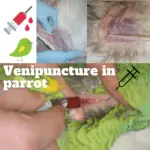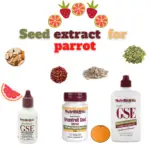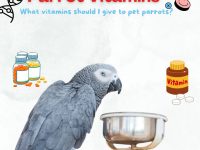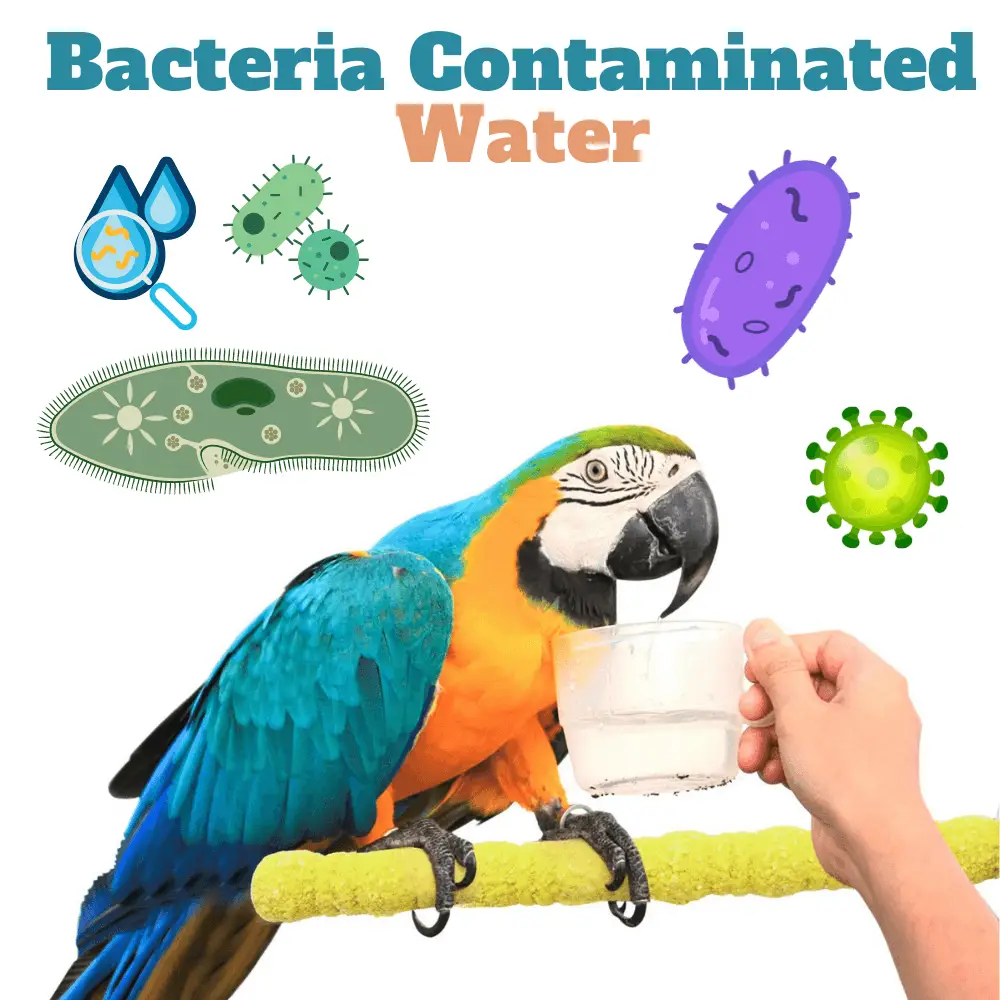
Bacteria contaminated water: Soup, Pipo the blue macaw knows that! He does it every day. His recipe is simple:
1 bowl of clean water
1 bowl of seeds
1 bowl of mash
Fruits and vegetables to taste
Dip the feed, one at a time in the bowl of water, then eat it. Let the croquettes that have fallen there rest at the bottom of the bowl of water. Add some seeds and pieces of fruits and vegetables to taste.
Leave to macerate at room temperature, until a human comes to throw it all away and brings you a bowl of clean water. Repeat all of these steps as often as possible throughout the day.
Variation: Fruits and vegetables can be replaced with pieces of bread, pasta, rice, cheese or anything else or foods of your choice.
For several weeks now, the feathered cook has been concocting several recipes a day, each more original than the next. Although Pipo’s recipes seem worthy of a cooking competition, the volatile chef is not what he used to be.
He began to pluck and chew on the feathers that cover his neck, just above his crop. An unusual odor emanates from its beak and a brownish discharge is visible on the feathers surrounding its nostrils. Pipo is also calmer and more affectionate than usual. A visit to the veterinarian is essential.
Bacterial water pollution
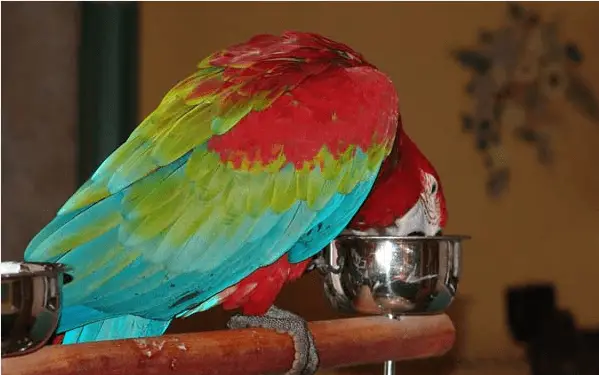
Bacteria contaminated water
The physical examination reveals, in addition to the symptoms already noticed, a loss of weight and abnormal secretions inside the beak.
Blood test results confirm the presence of an infection. A sample taken from the secretions inside the beak is sent to the laboratory.
The result of the culture indicates the presence of a bad bacteria: Pseudomonas aeruginosa. The bacteria are already resistant to some antibiotics. Treatment with tetracyclines greatly improves the condition of the parrot.
However, three months later, Pipo returned to his vet. He is once again bothered by the same symptoms. Pseudomonas aeruginosa once again colonizes the upper respiratory tract and the parrot’s beak.
To make matters worse, she invited her friend Enterococcus faecalis (another bad bacteria) to come and party with her. P. aeruginous is now resistant to tetracyclines.
This brilliant little bacterium announces that it does not seem to want easily to leave its friend Pipo. Enrofloxacin (Baytril) is chosen as the mode of treatment.
Pipo improves noticeably while taking his antibiotics, but relapses a second time, just a few days after finishing his medication. Further investigation tells the vet about the curious habit of the feathered cook.
The leader is unmasked. By cooking soups, Pipo allows a multitude of bacteria to multiply in the bowl of water. By drinking this vile culture broth, Pipo is constantly re-contaminated.
Solutions:
- Move the water bowl as far away from the food bowls as possible.
- Install in the cage, a bottle of water with a pipette. Permanently remove the water bowl when the bird uses the bottle to drink. Thoroughly disinfect the bottle daily.
This is how Pipo the cook’s health problems ended!

